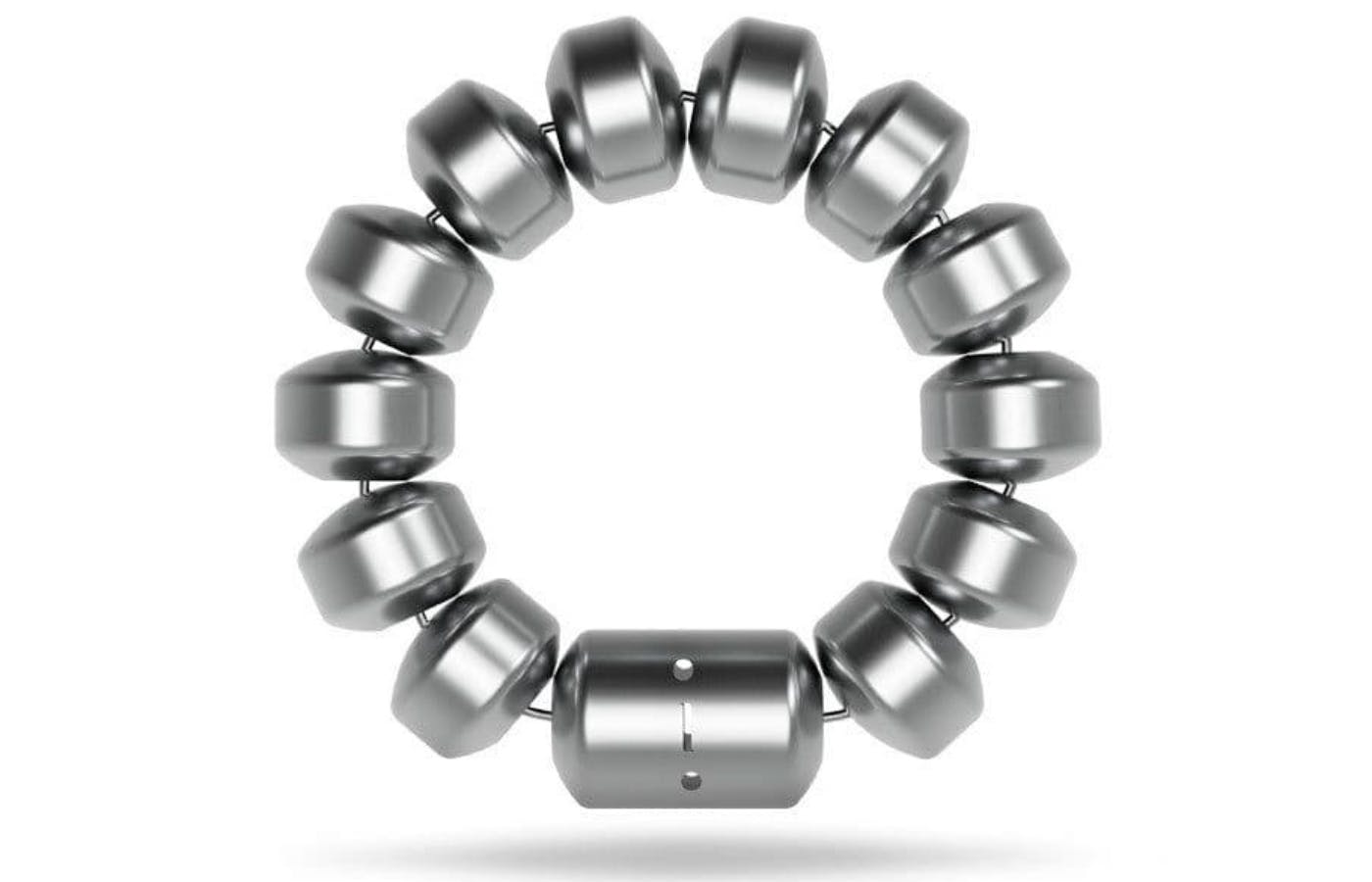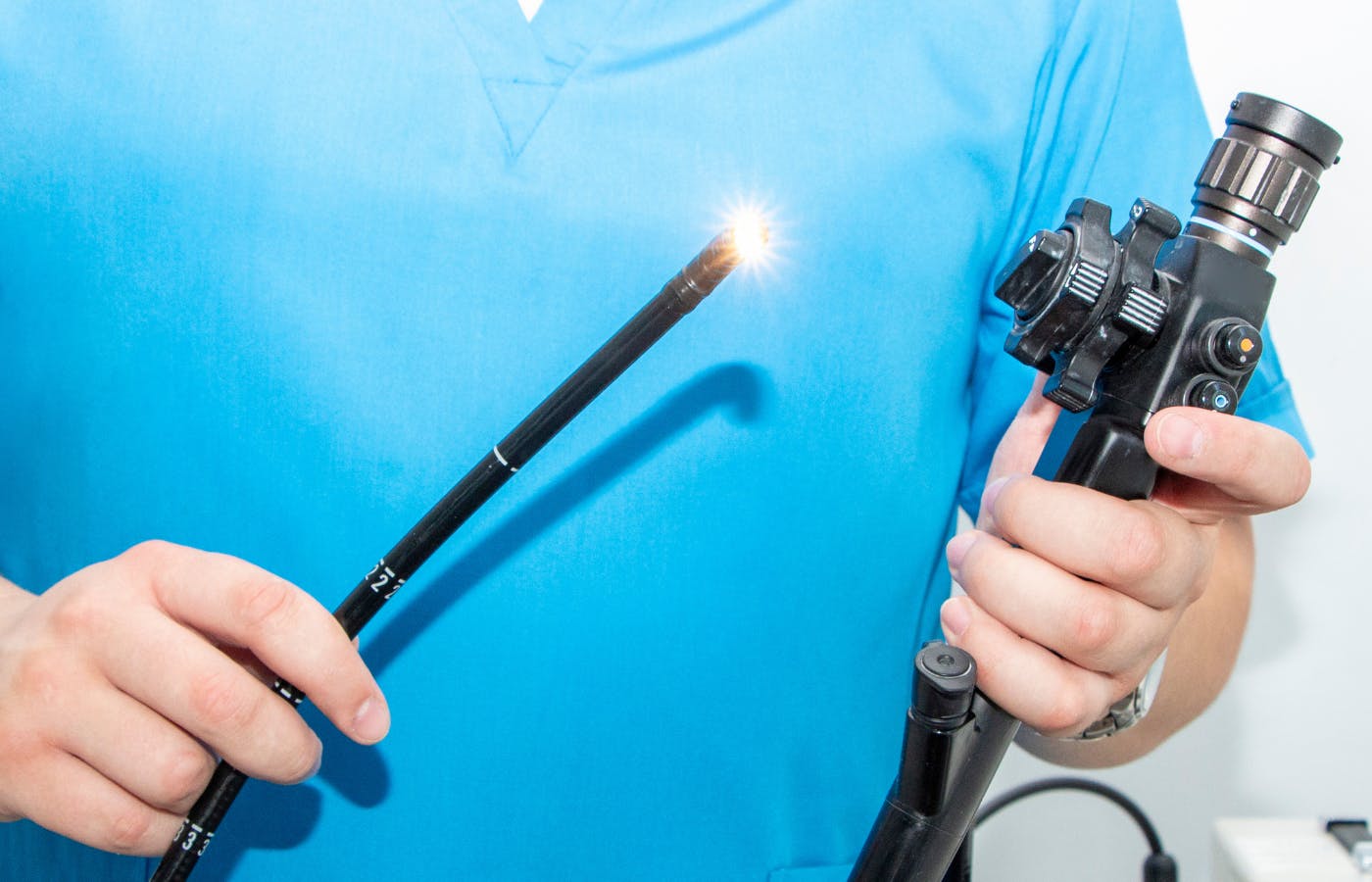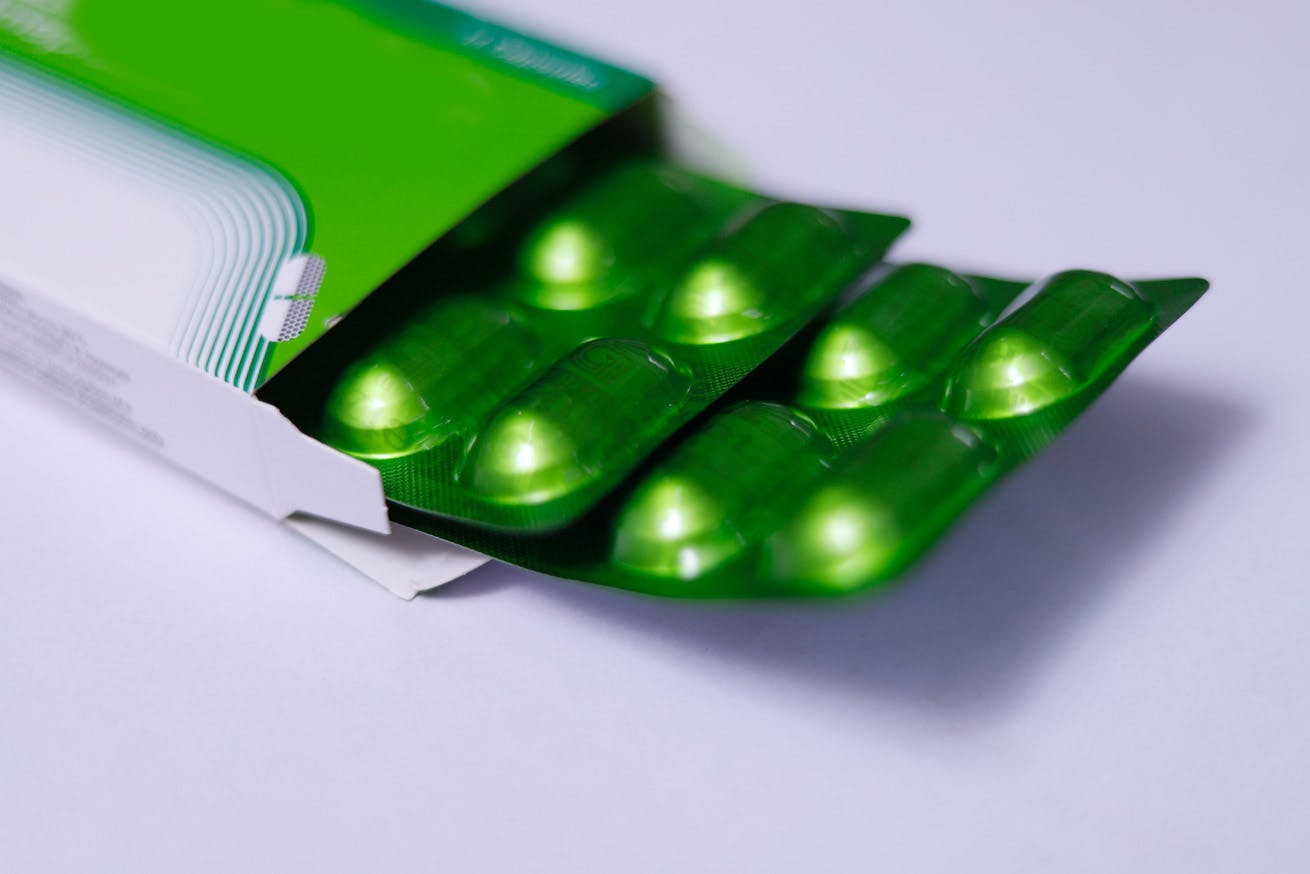Acid Reflux after Bariatric Surgery
Bariatric surgery is a proven sustainable option for long term weight management. Procedures commonly performed include laparoscopic gastric band (LAGB), sleeve gastrectomy (LVSG) and gastric bypass. The latter can be configured as a Roux-en-Y gastric bypass (RYGB) or more commonly now, as one anastomosis gastric bypass or mini gastric bypass (OAGB/MGB). Whilst an RYGB is largely very good at controlling reflux it can still happen and is certainly more common with an OAGB/MGB, mostly as a consequence of bile reflux and not acid. Bile reflux will not respond to current medical therapy. The most reflux-o-genic operation is the LVSG, and is almost invariably acid reflux.


Written by Mr Ben Knight
Now you may be asking yourself ‘does acid reflux go away after my gastric sleeve or gastric bypass operation’ or ‘how do I stop acid reflux after my gastric sleeve or gastric bypass operation’? Let RefluxUK explain.
How common is gastro-oesophageal reflux after bariatric surgery?
Sleeve Gastrectomy (LVSG)
Acid reflux after gastric sleeve surgery is common. This is in part down to the anatomy of the LVSG – the sleeve is a high pressure system and with a competent valve at the lower part of the sleeve (the pylorus). The pressure and acid within the sleeve often overwhelms the lower oesophageal sphincter leading to symptoms of reflux (heartburn, indigestion, burping etc). On average, 30% of patients will get new reflux, 30% of patients will have worsening reflux and 30% of patients will have no change or a slight improvement in reflux after a LVSG. In addition, 20-35% will develop new onset reflux which often does not respond to standard treatment including powerful medication such as Proton Pump Inhibitors (PPIs). The variability is due to patient factors, how the sleeve has been constructed and whether a hiatus hernia has been explored and repaired at the original surgery.
Surgical options for reflux after a LVSG include conversion to Roux-en-Y gastric bypass. However, many patients will have chosen sleeve gastrectomy as they prefer to avoid the potential side-effects and complications of bypass including vitamin deficiencies, dumping syndrome, changes in bowel habit, internal hernia and hair loss. Furthermore, some who undergo bypass develop GERD symptoms that don’t respond to medications. Augmentation of the lower oesophageal sphincter with LINX along with concomitant hiatus hernia repair is an attractive surgical solution in those patients not wanting to proceed with a sleeve to bypass conversion for reflux relief. A concomitant hiatal hernia is when the hernia is repaired alongside another surgical procedure such as a bariatric procedure.
One Anastomosis Gastric Bypass (OAGB)
One anastomosis gastric bypass has gained popularity and is the bypass of choice for many surgeons. It offers similar rates of weight loss to a Laparoscopic Roux-en-Y gastric bypass (LRYGB) but has potentially less serious surgical side effects and is easier to perform revision surgery if needed. Acid reflux after gastric bypass surgery is common and for OAGB occurs in 10-20% of patients. Again, it is dependent on patient factors but also how the OAGB anatomy has been constructed. In most cases, the refluxate is bile as in a OAGB, bile is permitted to enter the new gastric pouch. Bile reflux is as toxic as acid reflux and does not respond to conventional anti acid medication (proton pump inhibitors such as lansoprazole, omeprazole, esomeprazole). Coating agents such as Gaviscon may still alleviate some symptoms of reflux. Again, augmentation of the lower oesophageal sphincter with LINX along with concomitant hiatus hernia repair is an attractive surgical solution in those patients not wanting to proceed with a conversion to Roux-en-Y Gastric Bypass for acid reflux.
Why do people experience reflux after bariatric surgery? What are the causes?
- Typically, neither sleeve or bypass address the two main causes of reflux (if present); a hiatus hernia or dysfunction of the lower oesophageal sphincter (LES).
- Some surgeons may not commonly explore the hiatus and hiatus hernias are difficult to see and repair during the initial weight loss surgery.
- After sleeve gastrectomy the new stomach becomes relatively ‘high-pressure’. This will worsen reflux especially if the LES is weak and can’t prevent reflux from the stomach into the oesophagus. The sleeve will always retain acid producing cells.
- After LVSG, the sleeve can distort, change shape, dilate or narrow – all of which can lead to reflux.
- In some people after bypass the pouch will retain acid producing cells. Even if this is not the case, if there is LES failure (usually but not always because there is a hiatus hernia) patients are more likely to experience non-acidic reflux.
- In a OAGB, bile refluxate is permitted to enter the gastric pouch and can ascend past the LES and into the oesophagus giving the symptoms of reflux.
What does LINX after bariatric surgery involve?
Surgery is minimally invasive and involves a laparoscopic procedure performed under general anaesthetic. It is usually carried out as a day case. Using 4 or 5 small “ports” the bottom of the oesophagus is freed from the surrounding tissues, including the muscles of the hiatus. In 90% of patients a hiatus hernia will be repaired before the LINX implant is locked in place around the oesophagus.
Does it work?
Several scientific studies have looked at outcomes in patients undergoing LINX surgery to treat GERD after gastric sleeve and bypass. These include the so-called RELIEF study following exclusively sleeve gastrectomy and in 2024 a study following up patients on average for 4 years following both sleeve and bypass LINX post sleeve and bypass. In terms of long-term outcomes in both there were no serious complications. In the former reflux symptoms assessed using GERD-HRQL questionnaire scores showed significant improvement of 80.8%, and a reduction in daily PPI usage of 95.8%. In the long-term study daily PPI use fell from 88% to 25% at greater than three years. GERD-HRQL scores fell from 50.6 at baseline and normalised at long-term follow-up. All patients reporting regurgitation prior to surgery enjoyed complete resolution. At long term, 12% reported problems with swallowing and 12% had ongoing reflux.

The LINX Procedure
Find out more about the LINX procedure - what it involves and how it could possibly solve your reflux symptoms
The LINX ProcedureWill I need tests prior to surgery?
Before surgery, all patients should undergo some tests. These may include:
Essential tests
- Gastroscopy. This looks at the anatomy of the oesophagus and stomach. The surgeon will especially want to assess the hiatus to see if there’s a hiatus hernia and sleeve/pouch. They will also want to assess the oesophagus to look for signs of reflux such as inflammation (oesophagitis) or Barrett’s and to exclude any ulceration at the anastomosis.
- High-resolution manometry. To measure the strength of muscular contractions in the oesophagus to ensure swallowing will not be a problem after surgery and also to look at the function of the LES.
- Barium swallow. After sleeve LVSG a barium swallow x-ray sometimes is performed with bread/marshmallow swallows. This can provide further information about the stomach, the sleeve anatomy and its confirmation as well as the swallowing mechanism.
Discretionary tests
- Reflux study. Either Bravo or impedance testing will measure reflux and its relationship with symptoms. This is not always essential and depends on the results of the first three tests.
What should my general fitness be like for surgery tests?
Some patients may require tests of fitness for surgery prior to receiving a general anaesthetic.

Reflux Testing
RefluxUK offers the full range of diagnostic testing available in order to properly diagnose your symptoms - the first step to relief.
reflux testingWhy should I choose RefluxUK?
- RefluxUK is the UK’s largest private provider of clinical services (including surgery) to patients suffering with reflux.
- All of our surgeons are highly experienced reflux surgeons. This includes those who also specialise in bariatric surgery and robotic surgery. It is our firm belief, backed up with clinical data, that the greater the number of surgeries performed by any centre/surgeon, the better the outcomes. Take a look at this video ‘Why surgical volumes matter’ for further information.
- RefluxUK uses the most up-to-date diagnostic tests and their results are interpreted by some of the leading experts in the UK.
- We collect and publish our results.
- All patients being considered for surgery are discussed at our regular multi-disciplinary team meetings before being given the go-ahead. This process is well recognised as best practice and delivers the best possible outcomes to patients.
We understand that patients looking to undergo bariatric surgery are seeking a life free from the issues around their weight, what we don’t want to see happen is the emergence (or exacerbation) of another issue in the search for a cure. Some may suffer for years following their weight loss surgery with bad or severe reflux symptoms or have accepted their symptoms as ‘normal’, so get in touch today with one of our experts for a discussion around how RefluxUK can help rid yourself of reflux.



